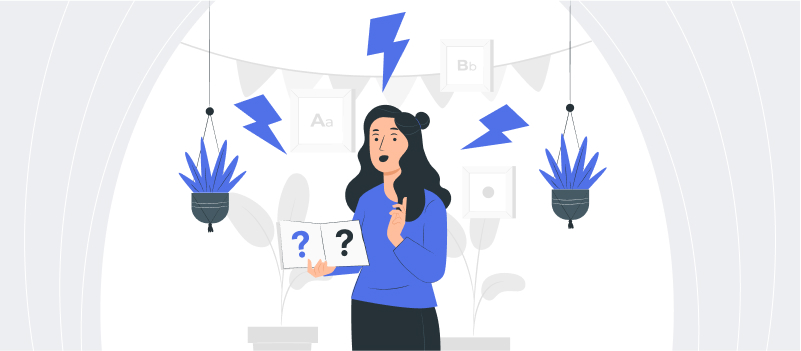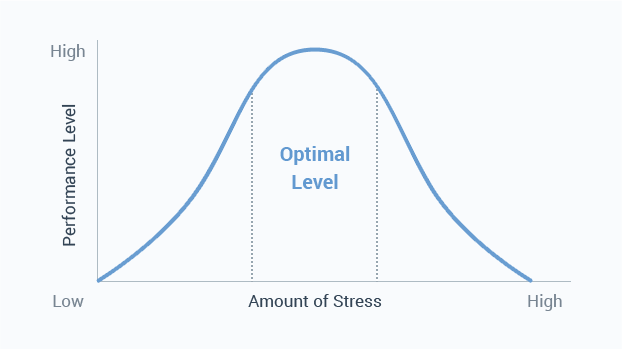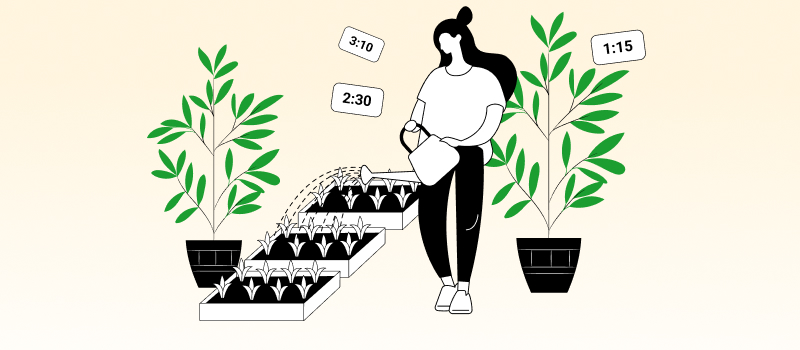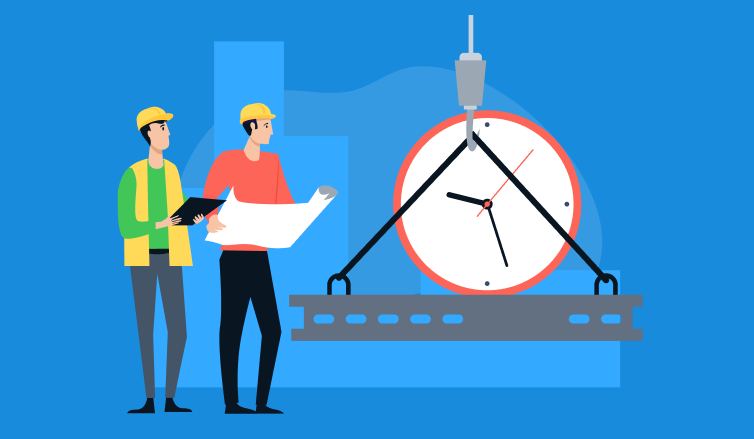
Along with smoking and alcohol, stress is listed among the main health risk factors. We all got used to the thought that stress is bad. We blame it for our anxiety, sleeping disorders, jelly belly, and just about everything else.
Stress has also become a valid excuse for low productivity at work. Our personal experience suggests that we should eliminate stress completely from our lives to become more efficient and productive. But what if we look at it from a different angle? Can stress actually be beneficial to us?
Stress and Performance
Most of us are familiar with the negative impact of stress on productivity:
- Lack of energy. Stress boosts our performance in the short term by releasing adrenaline, which gives us an energy boost but leaves us drained of physical and mental energy in the long run.
- Lack of focus. Stress and anxiety take us over, leaving no mental space for concentration.
- Reduced creativity. Being mentally drained feels like your focus is constantly wandering, preventing you from coming up with new ideas.
- Negative emotions. Stress affects emotions which can make you snap at people or perform worse at work.
These consequences emerge due to negative stress: high job demands, poor work design and control, bullying, harassment, job insecurity. In contrast, studies show that there’s such a phenomenon as positive stress that boosts productivity.
According to Professor Ian Robinson, who studied the stress phenomenon in his book “The Stress Test: how pressure can make you stronger and sharper,” a moderate level of work stress is a good motivator. It fuels our interest and spurs us to do more.
The dependency between stress and productivity is known as “The Yerkes-Dodson law.” Low stress level is counterproductive: people have no reason to act and remain idle or waste too much time on their assignments. When stress increases, so does performance, but only up to a certain point. This is represented graphically as a bell curve.

Of course, the optimal stress level varies from person to person. It also depends on the complexity of the task. Routine tasks can be completed quicker if you are motivated by stress. On the contrary, performing complicated tasks is already a challenge and requires more focus, which can be best achieved in a non-stressful environment.
Useful Techniques
As the renowned scientist Hans Selye put it, “Stress is not necessarily bad for you, it is also the spice of life.” But as any spice, it should be used sparingly.
So if you are looking to boost your employee productivity at work and get your team more engaged, keep them on their toes. Let’s take a look at some techniques you can use for that.
-
Set deadlines.
Meeting deadlines is often a stress for employees, but that’s what allows you to move on. Otherwise, you are likely to get stuck with the same project for ages. At the same time, unreasonable deadlines cause unnecessary pressure, so be realistic. Discuss the delivery times with your employees and communicate your expectations clearly.
-
Set higher goals and expand responsibilities.
Experts say that boredom is even worse than stress in terms of productivity. So don’t wait until your colleagues get fed up with their duties. Think proactively and find new tasks and responsibilities for your team. If matched well to their skills, challenges will revive their interest towards work. By offering complex tasks you are also raising the intellectual level of your team. Solving unconventional problems is good for the brain: it creates new synapses, which in turn enhances cognitive potential of a person and promotes a state of flow.
-
Observe.
Try out the Hawthorne effect, which suggests that workers increase their performance when they know that they are being watched. Don’t take it too literally though: there is no need to install surveillance cameras everywhere. However, monitoring employee performance by using time tracking software might do the trick.
-
Use diverse forms of collaboration.
If you are used to certain forms of collaboration in your company, it is probably time to change the tactics. Set up a brainstorming session, organize a quick discussion or create mind maps together – here is our top pick of collaboration tools. A bit of stress might help unleash new ideas and encourage interest.
Challenging, But Not Overwhelming
No doubt that extreme stress is not good for your mental and physical health. That’s why we are often tempted into thinking that any stress should be avoided, which is not entirely true.
A moderate amount of stress can spark our productivity at work and help us be more creative. So go ahead and find exciting challenges for you and your team: it will help you move forward.















































